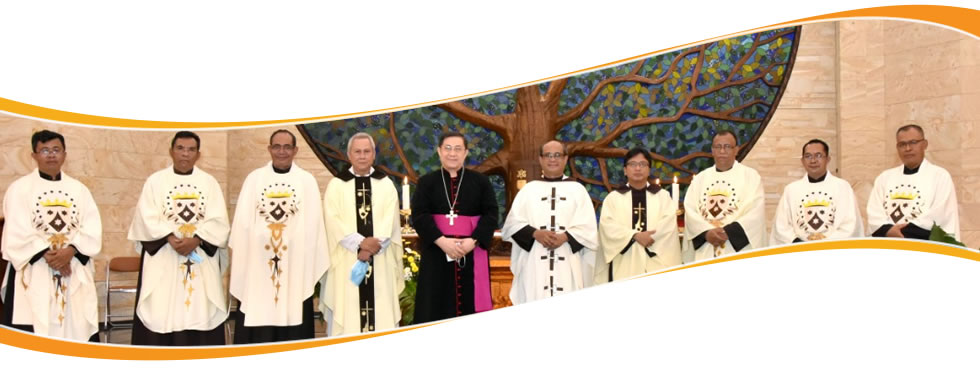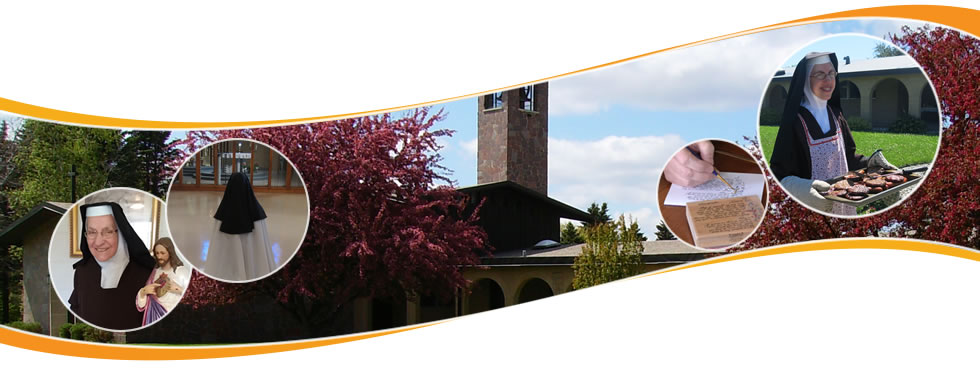On November 8 the Carmelite Order celebrates the Memorial of St. Elizabeth of the Trinity.
Elizabeth had been reading St. Paul more and more from the beginning of 1903, the time of her profession. Her former novice mistress, Sr. Marie of the Trinity, would say that, from that time on, Elizabeth grounded herself in two authors: John of the Cross and St. Paul. With regard to the former, Elizabeth had begun by dipping into John’s works, and it was only in 1902 that she started to read him with depth and thoroughness. It was a similar case with St. Paul, who at first nourished her mind with occasional quotations like choice drops of water, until they fused into a continuous stream.
St. Paul had already had some influence on Elizabeth because his epistles include striking, meaningful phrases which, encountering them in the liturgy or in homilies or in spiritual books, she had readily made her own. One example is the words from Galatians which she had quoted or referred to in the last few months before entering Carmel and had had engraved on the back of her profession crucifix: ‘I live, no longer I, but Christ lives in me’ (Galatians 2:20). For Elizabeth, keenly aware of the indwelling God, this passage would have made an immediate impact. By the beginning of 1904, however, she was, as mentioned, already fairly well acquainted with the writings of St. Paul. She was no longer mentioning a passage she had happened to hear at Mass that day but showing a proper reading knowledge. In a letter to a friend and relative, André Chevignard, who was preparing for the priesthood, she even gives a chapter reference in brackets, which was unusual for Elizabeth and shows an element of study.
But most of all, she reveals her absorption in St. Paul’s writings as a whole, referring to them collectively as “his magnificent epistles.”
From Joanne Mosley, “Elizabeth of the Trinity as a Reader of Scripture” in Sentire Cum Ecclesia: A Festschrift in Honour of Christopher O’Donnell, O. Carm. Edited by Patrick Mullins, O. Carm., and Simon Nolan, O. Carm. (Rome: Edizioni Carmelitane, Vocare Deo, 27) 2018.

































